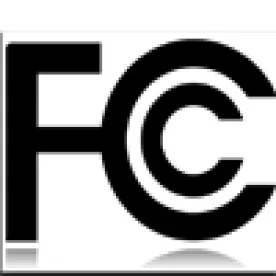As implemented by the Federal Communications Commission (FCC), the Telephone Consumer Protection Act (TCPA) allows wireless carriers to contact their customers without prior express consent, using autodialers or artificial/prerecorded voice messages, with calls or texts for which the customer is not charged.
However, last July, the FCC fielded a petition by Mr. Paul Armbruster, asking the agency to declare (or start a rulemaking to establish) “‘that a cellular phone customer can revoke consent to receive any and all unwanted text messages from their cell service provider.’” Ambruster no longer wanted to receive payment acknowledgements, but his wireless service provider, T-Mobile, told him that “customers are not able to opt-out of receiving certain purely informational texts” from their chosen carrier (emphasis added). While acknowledging the consent exemption for uncharged calls, Armbruster argued that “this exemption from the …TCPA does not affect a consumer’s right to revoke consent at any time and through any reasonable means.” The comment cycle on the Ambruster petition closed last September and the matter remains pending with the FCC.
Last week, the FCC sought comment on a second plea for the agency to act on wireless carrier texts – with a different focus – by Mr. Lucas Cranor, a pre-paid customer of AT&T affiliate Cricket Wireless. Tired of receiving unwanted marketing texts from Cricket (e.g., about multiple line discounts), Cranor’s entreaties to the carrier to cease and desist with such advertising messages – including by texting STOP, an option he says he was expressly offered by Cricket – fell on deaf ears. After initiating an unsuccessful arbitration on the issue, he turned to the FCC for relief. Cranor seeks a ruling that “‘consumers have the right to revoke consent from receiving unwanted marketing texts from their wireless providers at any time by any reasonable means; and that wireless providers must honor those revocation requests immediately.’” The agency has set an initial comment deadline of January 27, 2020, with replies due no later than February 11 of next year.
Of course, the matter of agreed upon TCPA consent revocation procedures remains an issue before the FCC in the aftermath of the 2018 ACA International decision by the DC Circuit. Will the Commission now be prepared to distinguish between unwanted “informational” versus “marketing”texts sent by wireless carriers to their customers, even without charge?
Stay tuned.




 />i
/>i

